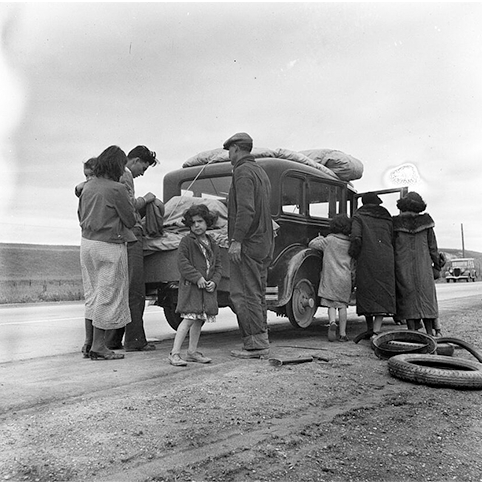
In the 1930s during the early days of the Great Depression, over one-million people of Mexican descent were rounded up and deported from our country. Sixty percent of the deportees were legal citizens but were repatriated irrespective of this fact. The rationale for this mass deportation (the largest in U.S. history) was to increase job opportunities and resources for the native-born population. Many people during this time felt that there were not enough jobs due to the Depression and those that were available should go to real Americans. The underlying notion being that only certain people belong here and are deserving of the benefits of our nation. This reminds me of a quote I once heard many years ago – only equals make friends.
When you see a person as your equal you are more likely to share what you have and to see them as deserving of that gesture. When we do not see one another as equals, it is easier to rationalize denial of opportunity along with the benefits of full citizenship. Our citizenship is not based on skin color or our last name; it is based on something infinitely more tangible, our belief in the greatness of this nation and our desire to be a part of it.
As we observe Hispanic Heritage Month, this is the perfect time for us to reflect on our collective journey towards a more perfect union. We are not yet at journey’s end, but we have come so far from those troubling days of the early 1930s. There is more work to do as we strive to create a place where all people will have the freedom to pursue their version of the American Dream uninhibited by bias or exclusion – we can get there. The words of the poet Alberto Rios, from his Poem – We are of a Tribe apply here:

We plant seeds in the ground
And dreams in the sky,
Hoping that, someday, the roots of one
Will meet the upstretched limbs of the other.
It has not happened yet.
We share the sky, all of us, the whole world:
Together, we are a tribe of eyes that look upward,
Even as we stand on uncertain ground.
Throughout our history, the Latino Community has shown us the way forward with respect to achieving that more perfect union by making unique and valuable contributions to the fabric of the country. It is in that spirit that I have invited my colleague Yvette Venegas to share part of her journey this month. I have not known her very long, but I continue to be impressed by her practice and her person.
The words, siempre sigue adelante, mija, which means ‘always push forward, my girl’ in Spanish (sounds a little funny when it’s directly translated, but so heartwarming in Spanish) is a phrase my grandfather, Artemio “El Borrego” Barrera, did not use lightly. Being a native of Guadalajara, Jalisco in Mexico, he started his adult career as a teacher. The pay was so low, however, that he started driving city buses to make more money. This is how he met my grandmother, who used to ride a city bus to get to work. Knowing the shy nature of my grandmother, Esperanza Romero, I wonder how she was able to even speak to my grandfather; but then I remember how incredibly charismatic and handsome my grandfather was, and I’m like… of course she fell for him.
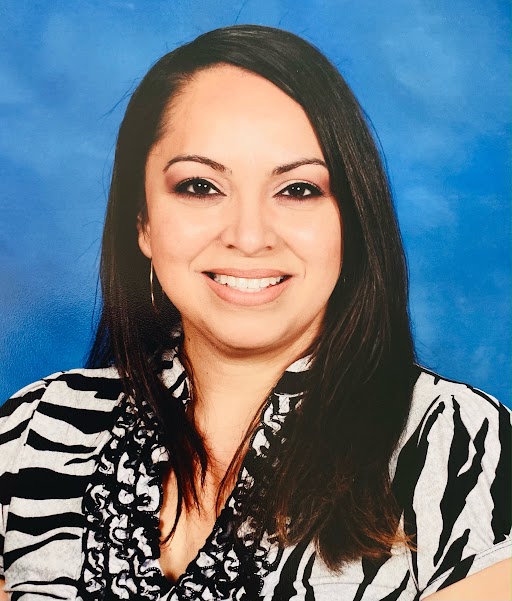
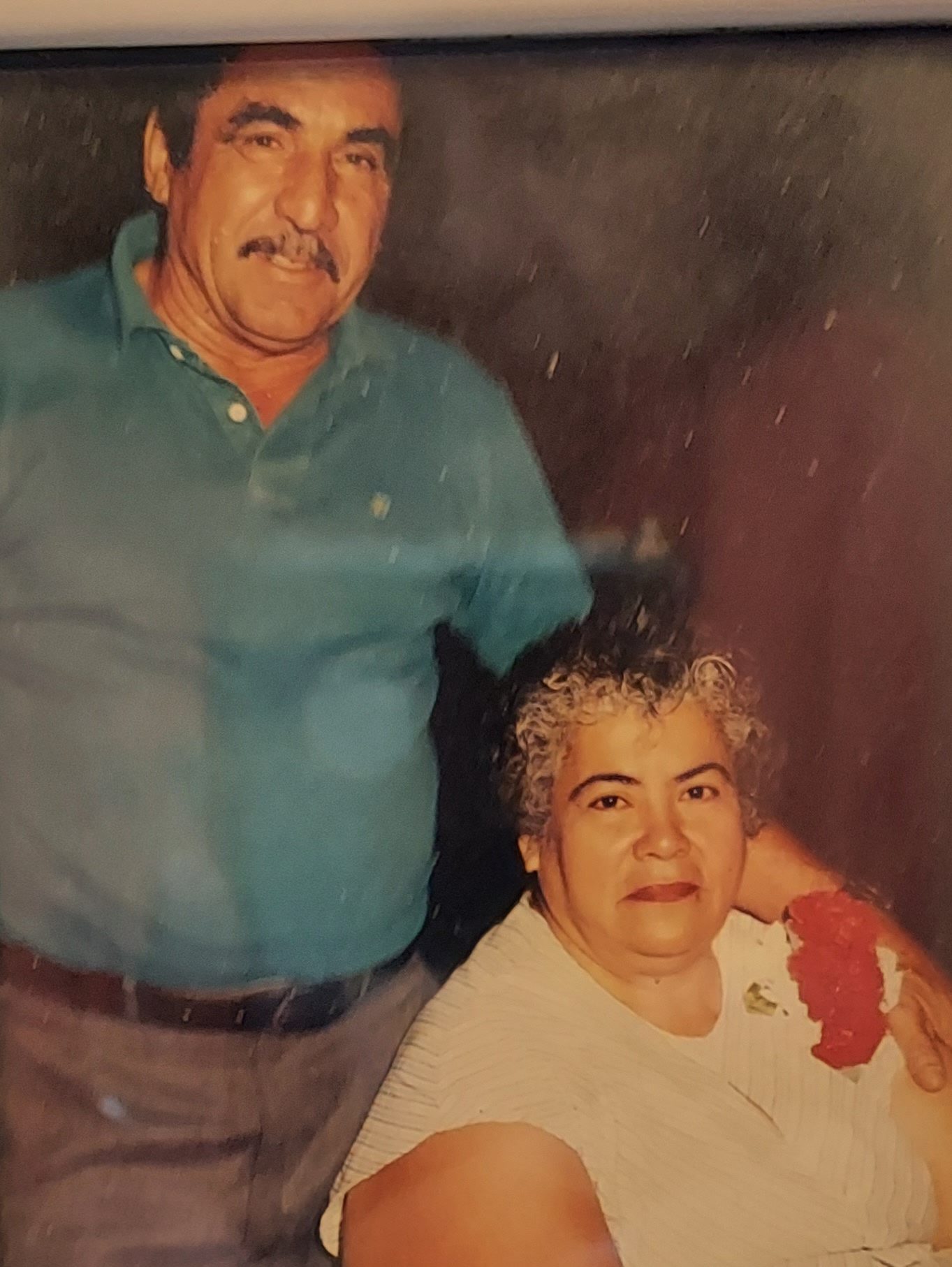
I begin my story with my grandparents because they were the head of the family, the glue that held our extended family together, and the final word to everything. Born in early days of the Great Depression, they were part of the post war generation who helped to shape the Twentieth Century. They moved to the United States in 1966 to my hometown of Laredo, Texas and got their citizenship ten years later in 1977. A funny story about this is that my abuelo completed his questions in English and my grandmother insisted on answering them in Spanish, so they let her! I guess I know where I get my perseverance from. The other part to that story is that we always celebrated 2 birthdays for my abuela. When my grandparents got married and they went to get their marriage license , the authorities recorded my grandpa’s birthdate correctly as 9/29/29 and for my grandma as 8/19/33, instead of 4/18/33 – her actual birthday. By not changing it to the correct date, she insisted that we celebrate two birthdays for her. Only my abuela!
My grandparents had six children, fives girls and one boy. So, it may come as no surprise for those of you who know me, that I have five children of my own. My grandparents raised my tías and tío in a very traditional Mexican household, where my grandpa was the sole provider, and my grandma raised the kids. My mother said that my grandfather always promised my grandma that he would work as hard as he needed to because he said she had plenty of work taking care of the kids. With my mother having me at the young age of 18, my grandmother was a key part of raising me during my early childhood. My father was Ricardo Antonio Ramirez and my mother’s name was Julia Irma Barrera. We lived two houses away from my grandparents, and my mother constantly had us (my four sisters and me) helping my grandparents, taking things over to their house, bringing things over from their house, running errands for them, etc. When I think back on this time, I remember making deep sighs and thinking why do we have to be the ones helping my grandparents and not my cousins. But after losing my grandparents, I would bring those days back in a heartbeat.
Just like my mother, I, too, had my first daughter at 18 years old. Raising a family and attending college was one of the hardest things I had to do, but I knew that I wanted a good life for my daughter, and I had to do whatever it took to graduate. I remarried in 2005 to my husband, Christian Venegas. Right after we got married, we looked at which one of us was closer to finishing school. I was further along than him, so he supported me, helping with the kids, taking me to and from school, and motivating me during many sleepless nights. After graduating from Texas A&M International University as a bilingual teacher in 2006, it was my husband’s turn to go to nursing school. In 2010, Texas experienced the effects of the great recession, and I lost my teaching position. This was another hard time in my life, hard to digest, hard to understand, hard to accept. It was the year my husband was also graduating from nursing school, and he said we would be fine if I stayed home, and he worked to provide for the family.
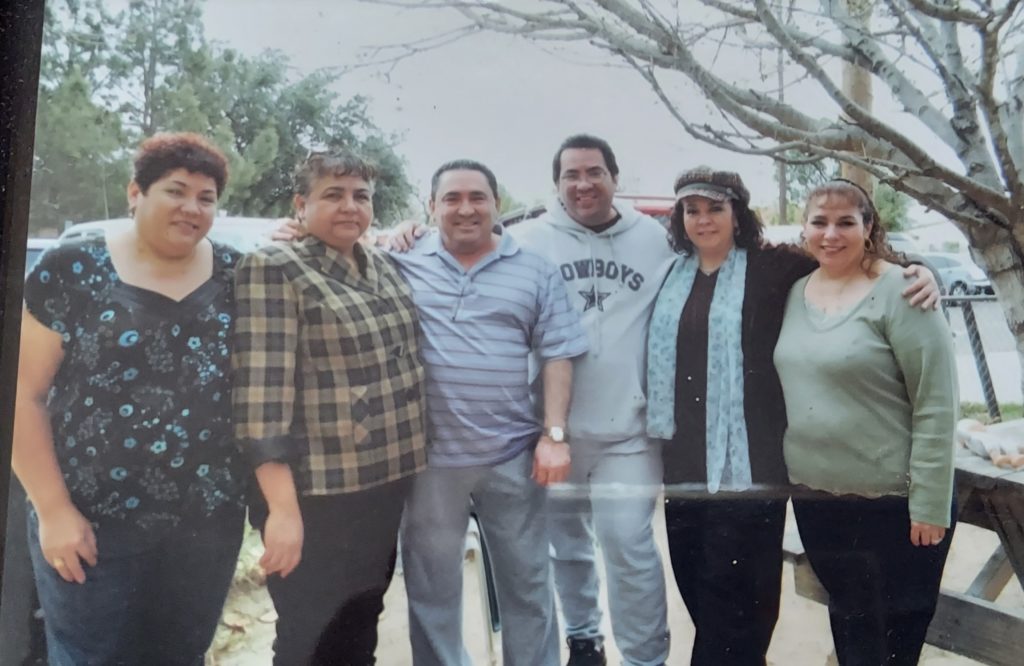
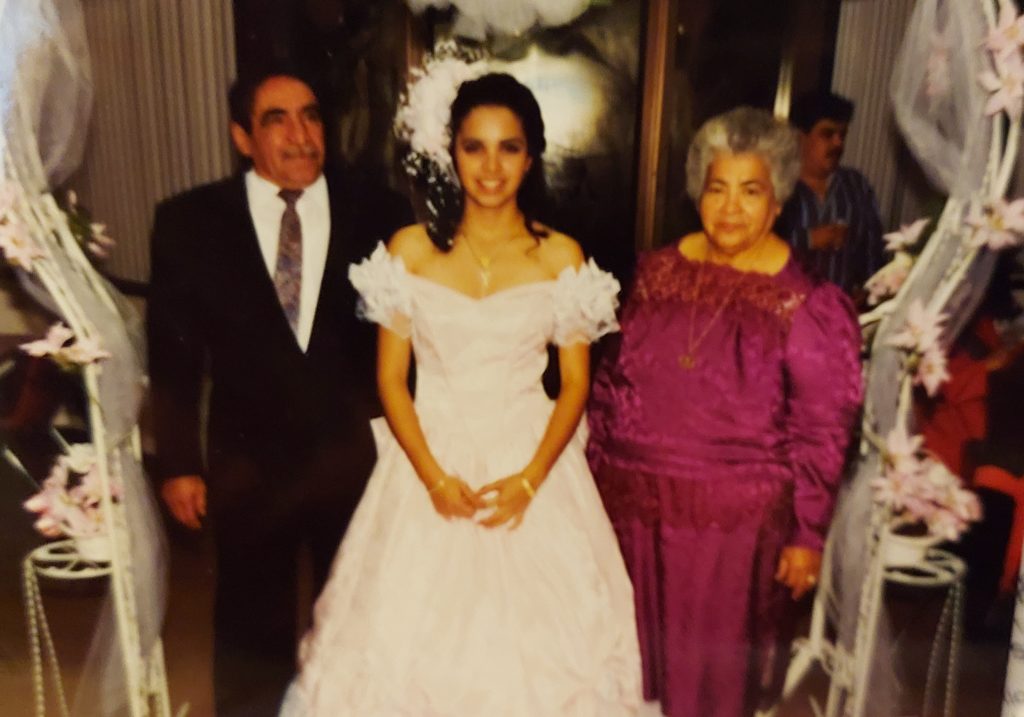
It was three years later in 2013 that we searched for other job opportunities outside of Laredo. We ended up looking in the Austin area and found Leander. It is funny how things happen for a reason, long story short, we both ended up being hired on the same day, him at Baylor Scott & White and me at Whitestone Elementary the day before Open House. I drove four hours to get here, excited, scared, nervous, happy, all the things. This was the first time I had ever done anything as an adult to this degree, out of my hometown, away from my extended family. And as they say, the rest is history….
I share my story because being raised a PROUD LATINA, has enabled me to be the leader I am today. And I would like to be clear, I don’t mean proud as in prideful and not empathetic or compassionate, I mean proud like honored to have struggled, to have scraped and dug out of poverty, to have overcome the status quo and stigma, and pushed forward to ‘siempre seguir adelante’.
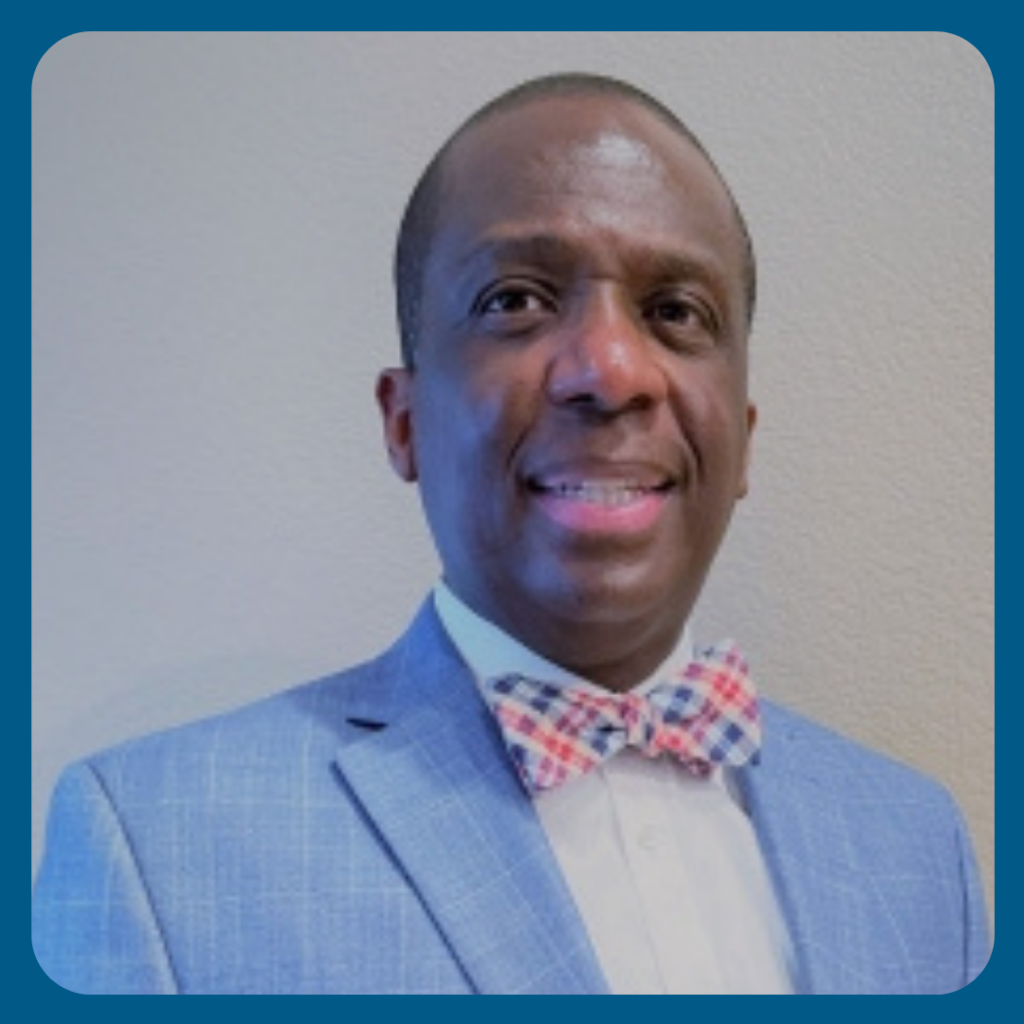
Leander ISD Chief of Diversity, Equity, and Inclusion DeWayne Street contributed this article. For more information on the district’s DEI initiatives, please visit www.leanderisd.org/equitydiversityinclusion.


